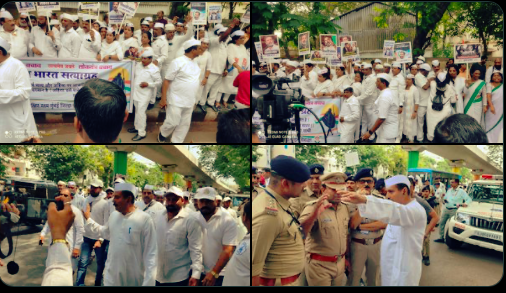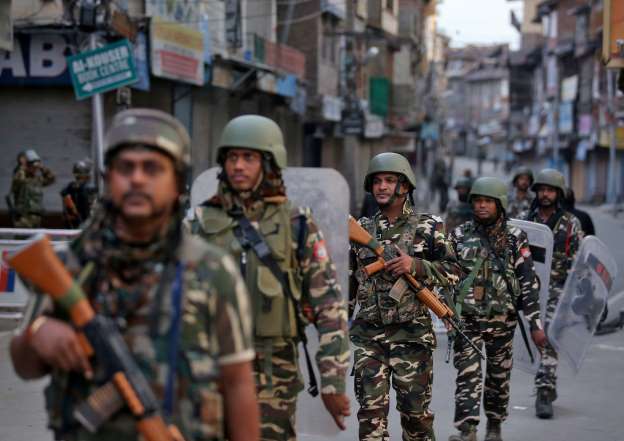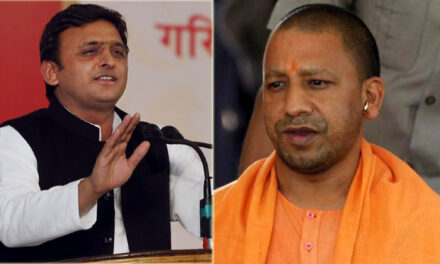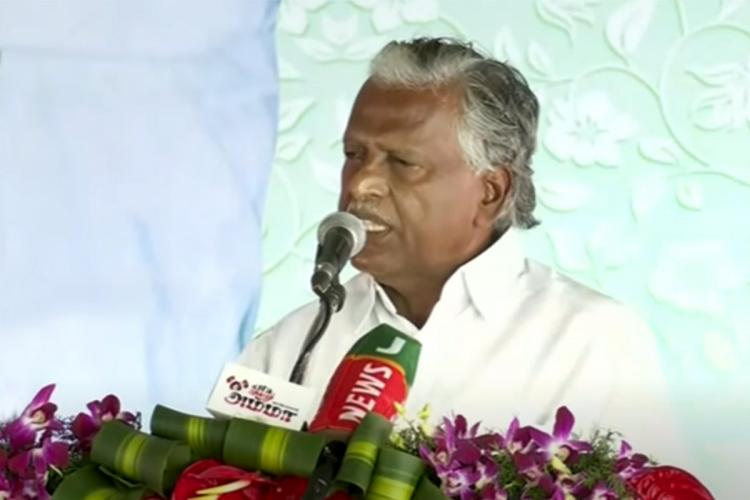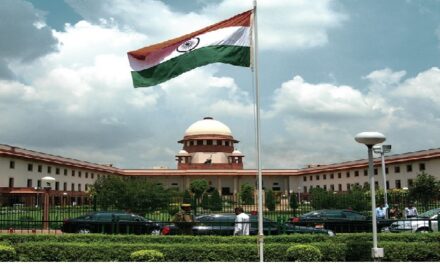A sessions court in Gujarat’s Surat city on Monday granted bail to Congress leader Rahul Gandhi after he filed an appeal against his conviction in a criminal defamation case over his 2019 “Modi surname” remark in which he has been sentenced to two years in jail, a lawyer said.
The court of Additional Sessions Judge R P Mogera said it will hear his plea for suspension of conviction on April 13 after issuing a notice to complainant Purnesh Modi, a Bharatiya Janata Party (BJP) MLA and former Gujarat cabinet minister.
The sessions court asked the respondent (Purnesh Modi) to file his reply by April 10.
“We had filed an application for Rahul Gandhi’s bail and suspension of sentence along with his appeal against conviction by a lower court. The (sessions) court heard the matter and granted him bail. The court kept the matter for hearing on the stay of his conviction for April 13,” a member of his legal team told reporters.
Rahul Gandhi, who arrived in Surat earlier in the day, will not be required to appear in the court during the hearing of the case, he said.
Congress general secretary Priyanka Gandhi Vadra and other party leaders were present in the courtroom when the matter came up for hearing at around 3 pm.
The 52-year-old Congress leader reached Surat via a scheduled commercial flight along with sister Priyanka Gandhi Vadra on Monday afternoon.
He was received at the Surat airport by Rajasthan Chief Minister Ashok Gehlot before they left for the sessions court.
A large number of workers of Congress gathered outside the court and shouted slogans in support of Gandhi.
Several workers were detained by police from the outskirts of the city and neighbouring Navsari district while they were headed towards Surat.
The case was filed against Gandhi on a complaint by Bharatiya Janata Party MLA and former Gujarat minister Purnesh Modi for the Congress leader’s alleged remarks “How come all thieves have Modi as the common surname?”
Gandhi, who had served as an MP from Wayanad in Kerala, made the remarks while addressing a rally at Kolar in Karnataka on April 13, 2019, during the Lok Sabha elections campaign.
Gandhi was convicted on March 23 by the court of Chief Judicial Magistrate H H Varma and was sentenced to two years in jail.
The court had granted him bail and suspended the sentence for 30 days to appeal in a higher court. A day later, he was disqualified as a member of the Lok Sabha.
The sentence of two years under Indian Penal Code sections 499 and 500 invited his disqualification from the membership of Parliament under provisions of the Representation of the People Act, 1951.
The RP Act holds that an MP or a member of the legislative Assembly (MLA) convicted for any offence and sentenced to imprisonment for not less than two years shall be disqualified from the date of conviction.
If his disqualification is not reveresed, Gandhi would not be able to contest elections for eight years unless a higher court stays his conviction and sentence.

